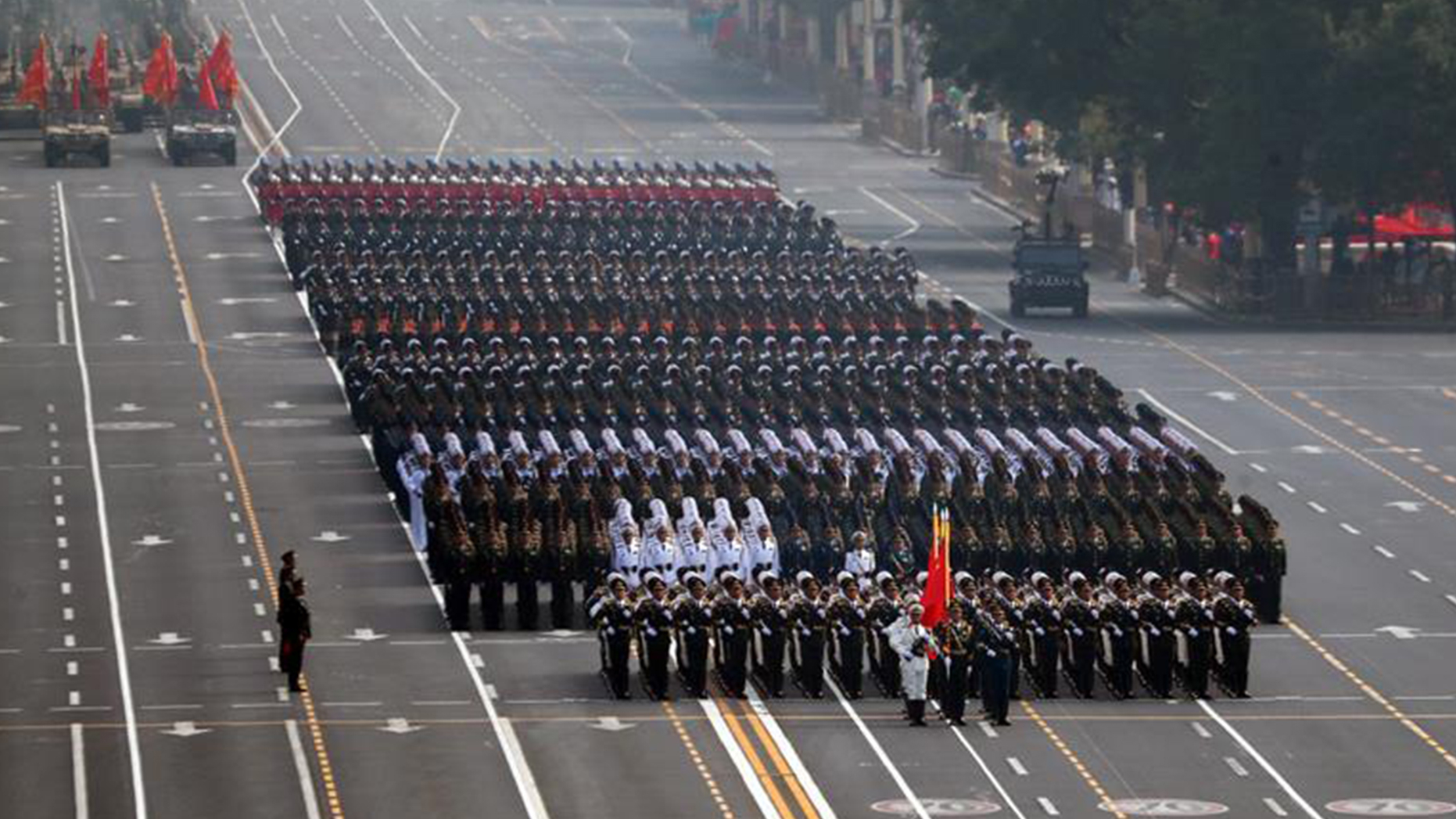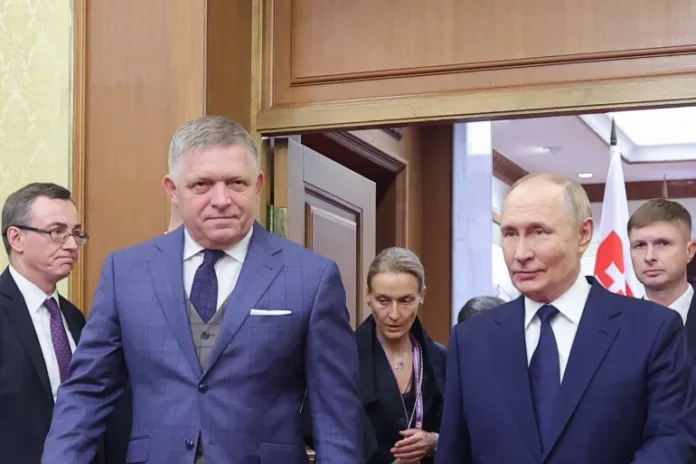BEIJING: China will on Wednesday host its largest-ever military parade in Beijing’s Tiananmen Square, marking the 80th anniversary of the end of World War II and showcasing its growing military might on the global stage.
President Xi Jinping will preside over the event, welcoming 26 world leaders including Russian President Vladimir Putin, North Korean leader Kim Jong Un, and other key figures from Asia, the Middle East, and Europe.

MILITARY PARADE OF CHINA
The parade, set to begin at 9am local time (01:00 GMT), will feature an extensive display of advanced weaponry, including drones, hypersonic missiles, and hundreds of fighter jets from the People’s Liberation Army (PLA).
Symbolism will play a central role: 80 buglers will commemorate the years since Japan’s defeat, while more than 1,000 musicians will represent China’s years of resistance from 1931 to 1945.
Spectators will be seated on chairs in green, red, and gold signifying fertile land, sacrifice, and peace.
Xi is expected to deliver a keynote address underscoring the Chinese Communist Party’s role in defeating Imperial Japan, a narrative Beijing has increasingly emphasized in recent years.
Security has been intensified across the capital since August as rehearsals for the event began. The parade will last about 70 minutes, with 45 troop contingents marching past the Chinese leadership in tightly choreographed formations.
The presence of Kim Jong Un is particularly historic, marking the first attendance of a North Korean leader at a Chinese military parade in 66 years.

CHINESE ARMY ON PARADE.
European representation will come from Slovakia’s Prime Minister Robert Fico and Serbia’s President Aleksandar Vucic, both of whom maintain close ties with Moscow.
Victory Day commemorates Japan’s formal surrender on September 2, 1945, which ended World War II in Asia. While Western history often dates the war’s start to Germany’s invasion of Poland in 1939, Beijing highlights Japan’s invasion of Manchuria in 1931 as the beginning of its struggle.
China officially designated September 3 as Victory Day in 2014. A decade later, the event has evolved into both a solemn remembrance of wartime sacrifice and a bold display of China’s vision as a rising global power.



